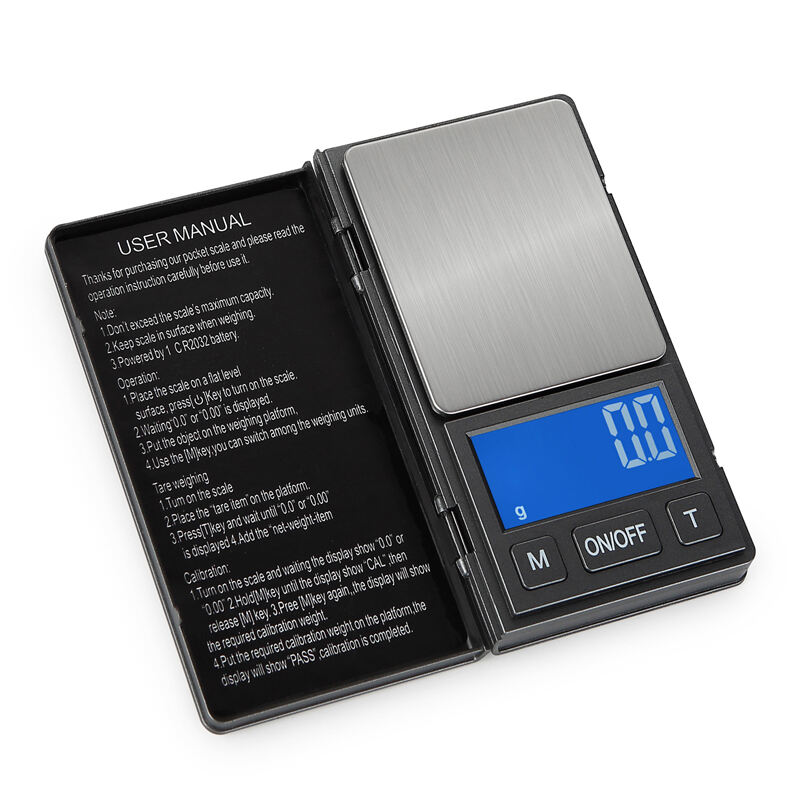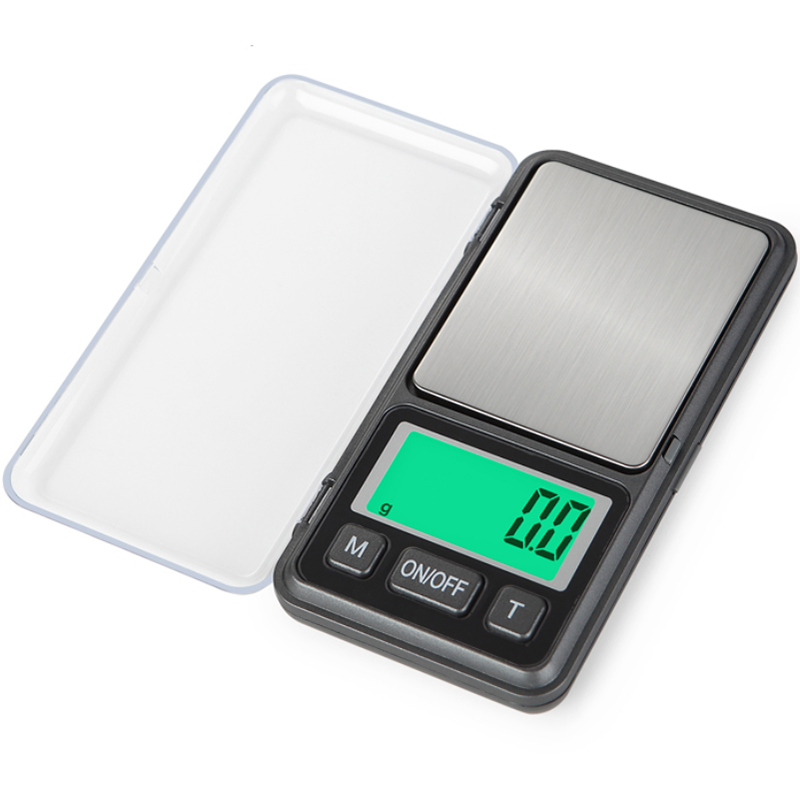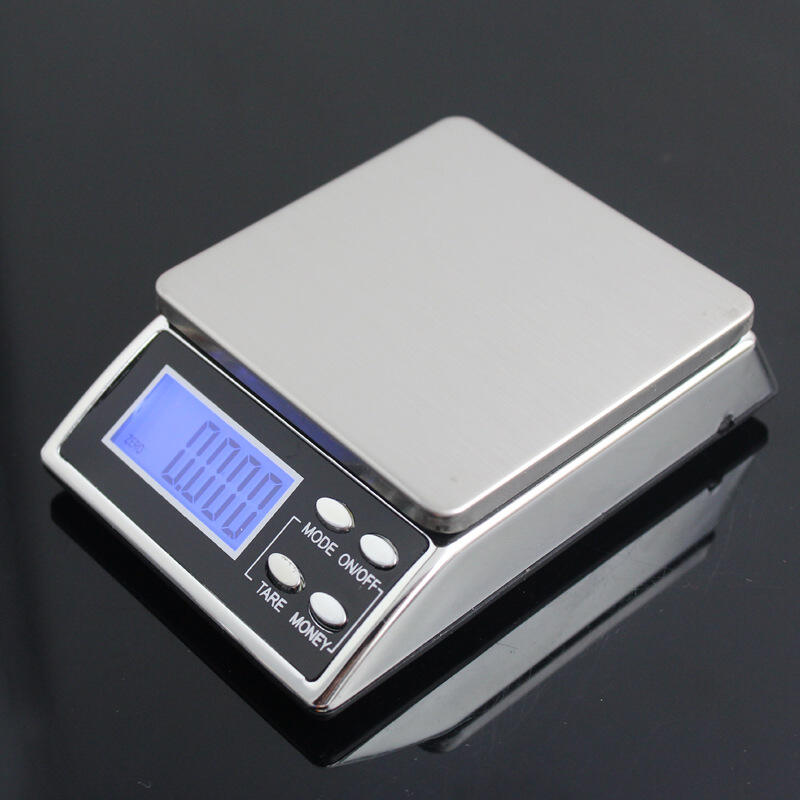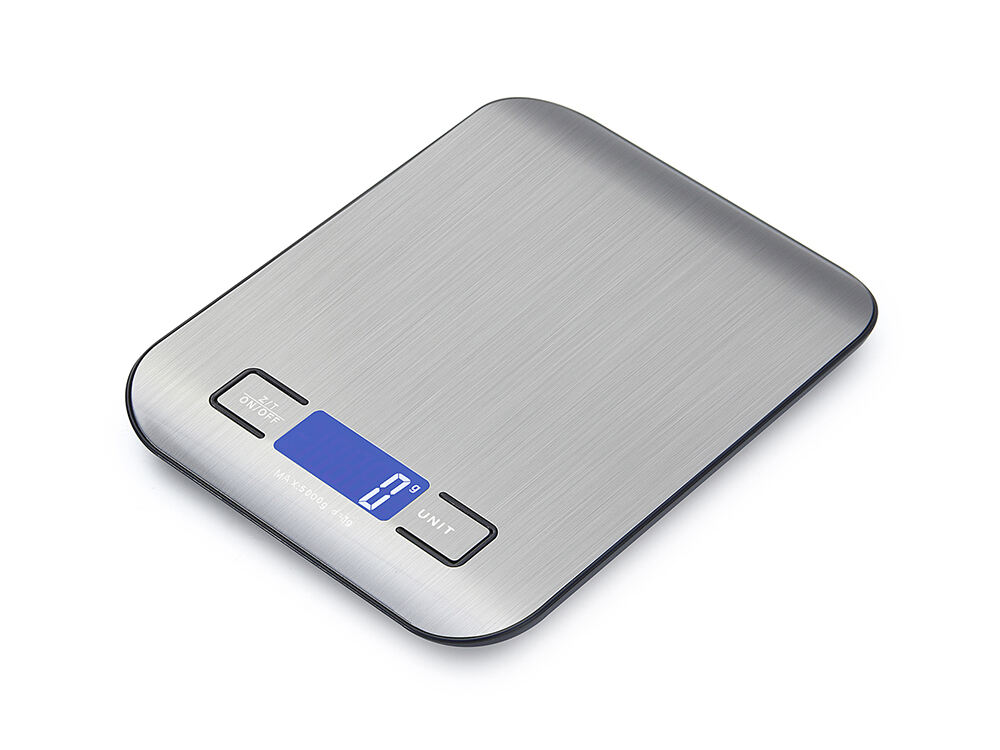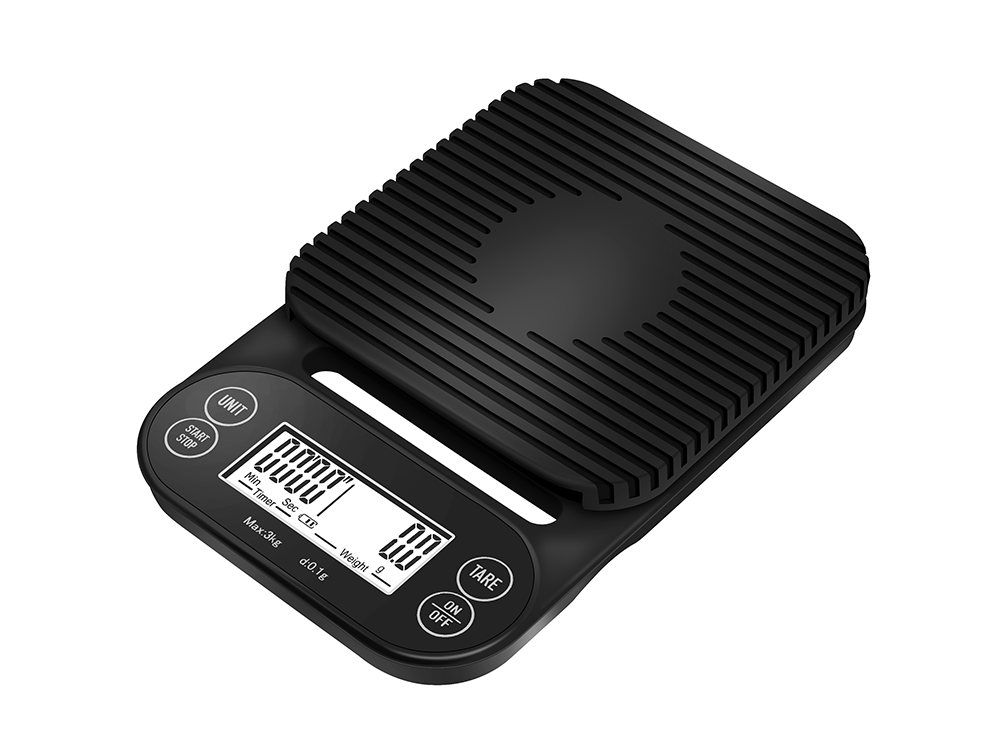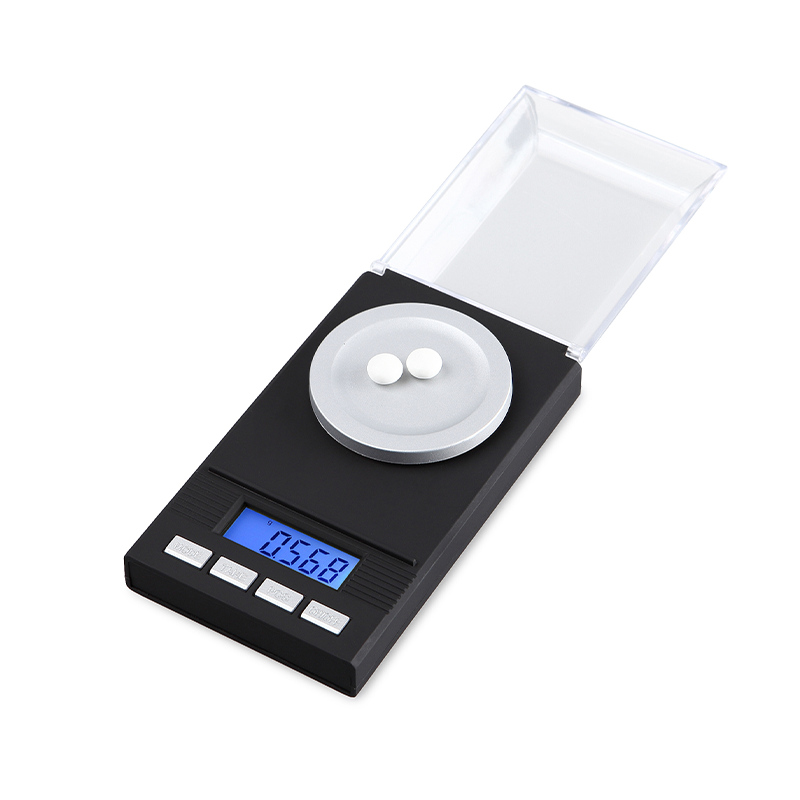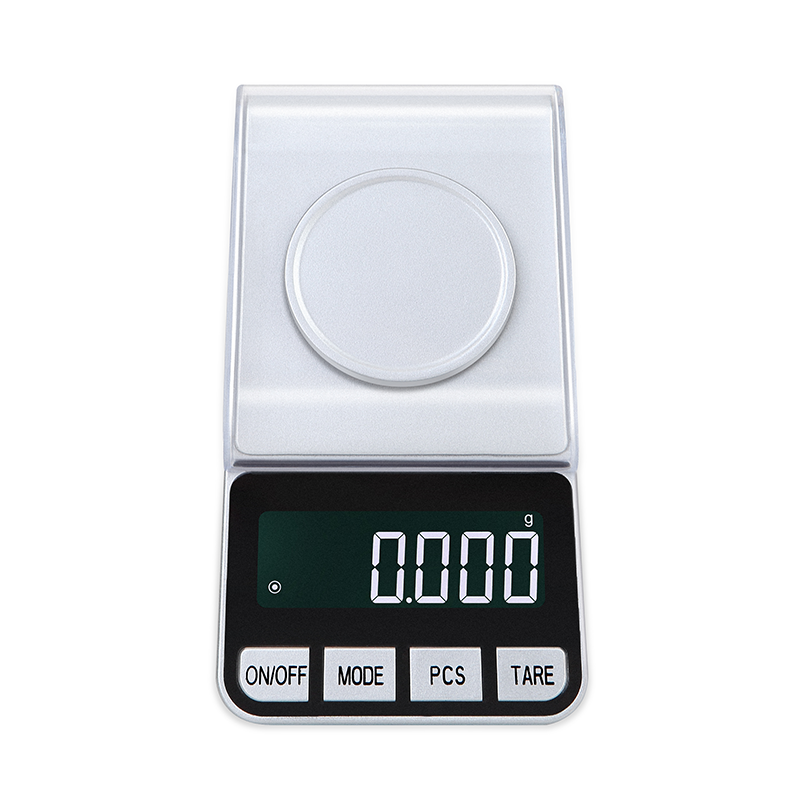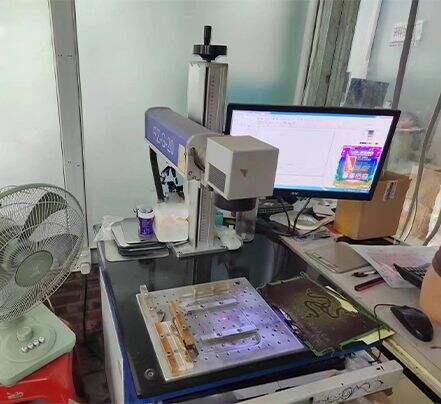Do weight scales have accurate measurements?
Weight scaleis a very common tool that we use in our daily life to measure the mass of an individual. But have you ever thought if your weight scale is accurate or not? This article explores this problem.
How does a weighing scale work?
Most weight scales are electronic and they measure weight by determining the change in resistance of a pressure sensor. When you step on the scale, your weight exerts pressure on the sensor causing it to change resistance. This change is converted into an electrical signal, which is then interpreted by the scale’s microprocessor and shows your weight.
Are weight scales accurate?
The accuracy of a balance can be affected by several factors although its principle of operation is relatively simple. These are some of the factors that might affect its accuracy:
1. Quality of Scale and Construction:Better sensors provide better readings for more expensive weight scales.
2. Calibrating The Scale:Readings may deviate from actual weights if the calibration of the machine isn’t done right
3. Use environment:Temperature, humidity and levelness of floor may distort weight scalereading
4. How to use:For example, whether you weigh yourself with or without food, what clothes you have on when doing so or even where you stand can influence readings.
Although not totally precise weight scales usually give fairly dependable results making them suitable for monitoring any fluctuations in one’s body mass index (BMI). If you’re concerned about whether your digital weight scaleis giving you correct data, try stepping on it at exactly same time every day (for example) using an equal weighting device thereby lowering variance effects .Also remember that weight alone doesn’t indicate health-healthy eating habits along with leading an active lifestyle play much bigger role than just numbers on those dials.
Recommended Products
Hot News
-
How to choose the best coffee scale for you?
2023-12-16
-
Jewelry scale purchasing tips and usage precautions
2023-12-16
-
How to choose a kitchen scale that suits you?
2023-12-16

 EN
EN
 AR
AR
 BG
BG
 HR
HR
 CS
CS
 DA
DA
 NL
NL
 FI
FI
 FR
FR
 DE
DE
 EL
EL
 HI
HI
 IT
IT
 JA
JA
 KO
KO
 NO
NO
 PL
PL
 PT
PT
 RO
RO
 RU
RU
 ES
ES
 SV
SV
 TL
TL
 ID
ID
 LV
LV
 LT
LT
 SK
SK
 SL
SL
 ET
ET
 HU
HU
 MT
MT
 TH
TH
 TR
TR
 FA
FA
 GA
GA
 CY
CY
 IS
IS
 BN
BN
 LA
LA
